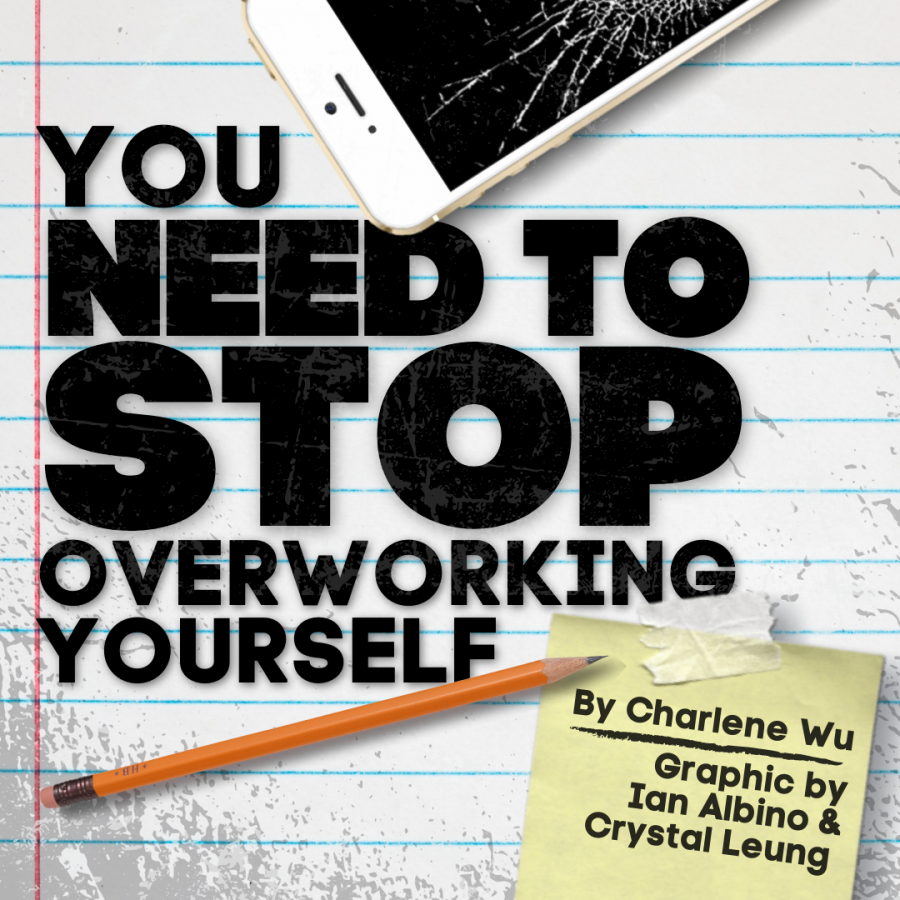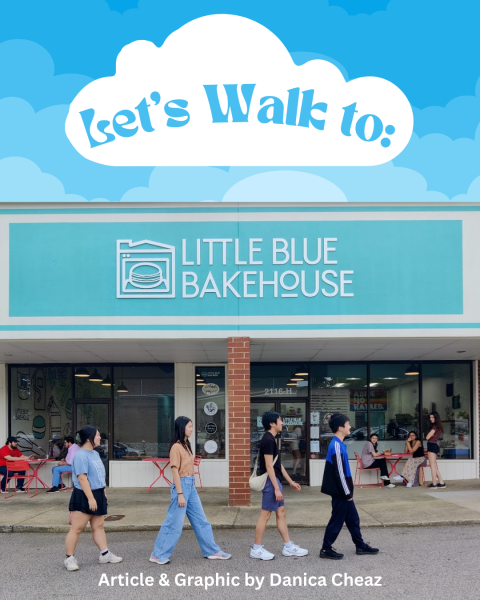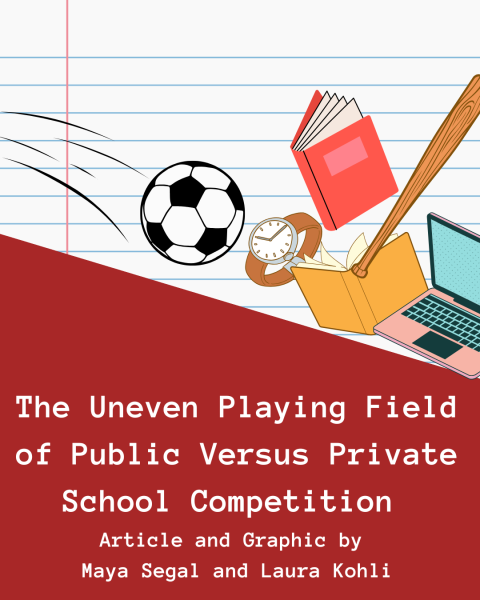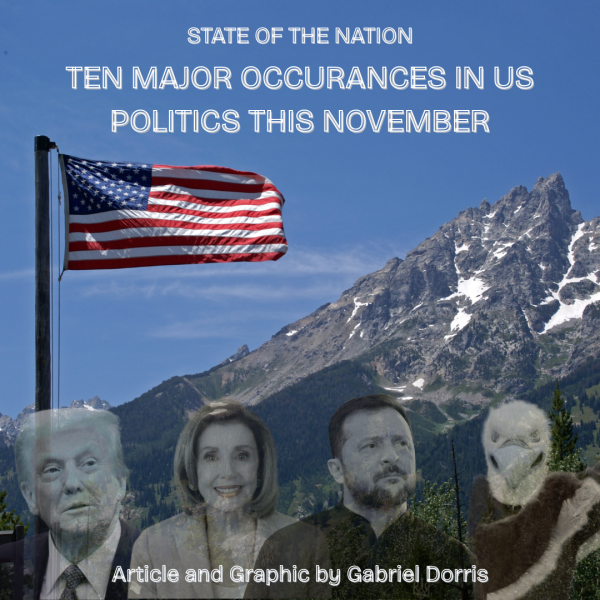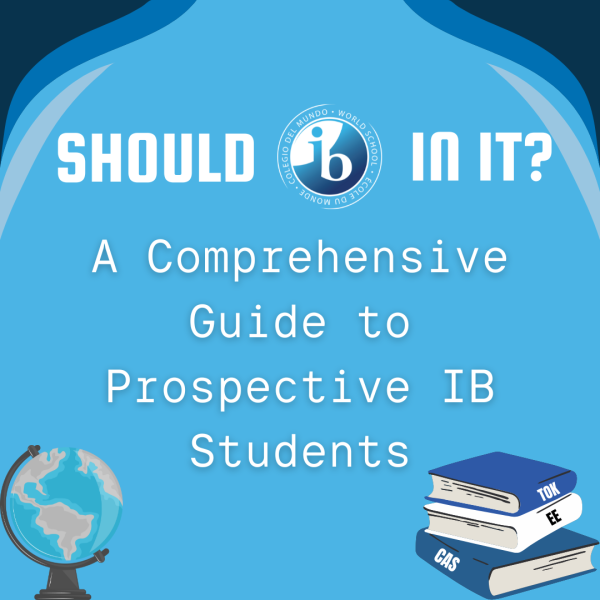You Need to Stop Overworking Yourself
Recently, I saw a Tik Tok of a high school junior time-lapsing their study session. I’ve always been on the “studyblr” side of social media, so I was intrigued. But when I saw that the video was actually a six hour straight studying period from 6pm to 12 am, I was horrified. Checking the comments, I expected someone- anyone- to point out how unhealthy these work habits were.
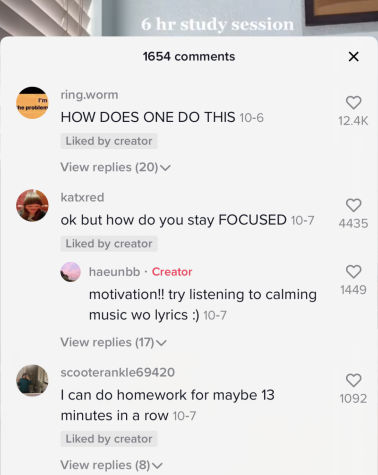
Instead, I was met with praise and envy of her productivity. Where did this constant need to be productive come from? Why do we glorify burnout as a necessary consequence from being successful? Why do we tie self worth with how much we work?
The source could be easily signed off as the evils of capitalism, with the American Dream telling us financial success only needs hard work. With capitalism’s supposedly easy social mobility, the end goal for wealth and higher salary jobs will encourage us to work harder and allow society to function. This constant long term vision prevents us from noticing the degradation of our current being. The lost sense of leisure or short term happiness has been ever prevalent during this pandemic. The lines between home and work have been completely erased, with our ability to separate such sectors of life slipping.
Now, our resume building and leisure time are ever so connected. Extracurriculars are now seen as a specific category separate from hobbies. They are not outside-of-school activities suited for excitement and purely having fun, but rather implications to build up resumes and further productivity. Remind, GroupMe, and Slack allow everyone to easily communicate about projects outside of school, during anytime in the day, further blurring the lines of work and home. We’ve all tried to watch Netflix and do math homework at the same time. We try to see the concept of multitasking as the best of both worlds of productivity and free time. However, it ends up ruining both our watching experience and productivity efficiency. It is the worst of both worlds, not only resulting in the depreciation of quality in work, but in happiness. Even when on vacation, we are unable to rid ourselves of this mindset. We are constantly thinking of new club project ideas, figuring out a solution to a past math problem, scheduling plans, or in my case especially, finding article topics. We are constantly working even when we do not realize it, writing it off with the expected award of delayed gratitude.
Burnout in America is so common that it has become normalized and even glorified. Seen as a necessary side effect of being productive, this mindset is incredibly toxic. Never able to give our headspace a break, it is seen as a temporary symptom that will pass, with the end goal more important than current health. Students brag about pulling all-nighters to study, discussions about how stressed we are is an everyday joke, depression and other mental illnesses are brushed off as being “tired.” We have normalized all of this with the simple formula that working hard now will equal future success.
But what exactly is our definition of success? This is tied directly to how we perceive ourselves and our own self worth. On the Ezra Klein podcast, one philosophical quote defined happiness as being content within purely ourselves, completely separate from what others think and solely achievable through self realization. However, the source of happiness in a society has changed from internal to external. An accomplishment is not an accomplishment until it is recognized. On social media, if no one saw you went on vacation then did it actually happen? The knowledge gained from studying isn’t what’s gratifiable, but rather the number of hours spent on doing so. Gaining acceptance to a school or program validates the determination before it. The announcement of success has turned from being internal satisfaction to the notice of others. There is shame from not working- not from others, but rather the burden we put on ourselves. We must normalize taking days off and not working. We have to stop forcing toxic productivity onto everyone’s minds.
You need a break, and that is okay.
Your donation will support the student journalists of Enloe Magnet High School, allowing us to cover our annual website costs. We are extremely grateful for any contribution, big or small!

Charlene's pass-times include: evaluating her Google Calendar color scheme, baking Tres Leches, and parking badly. Ask her, "How was your day?" and she'll...


